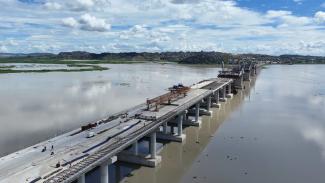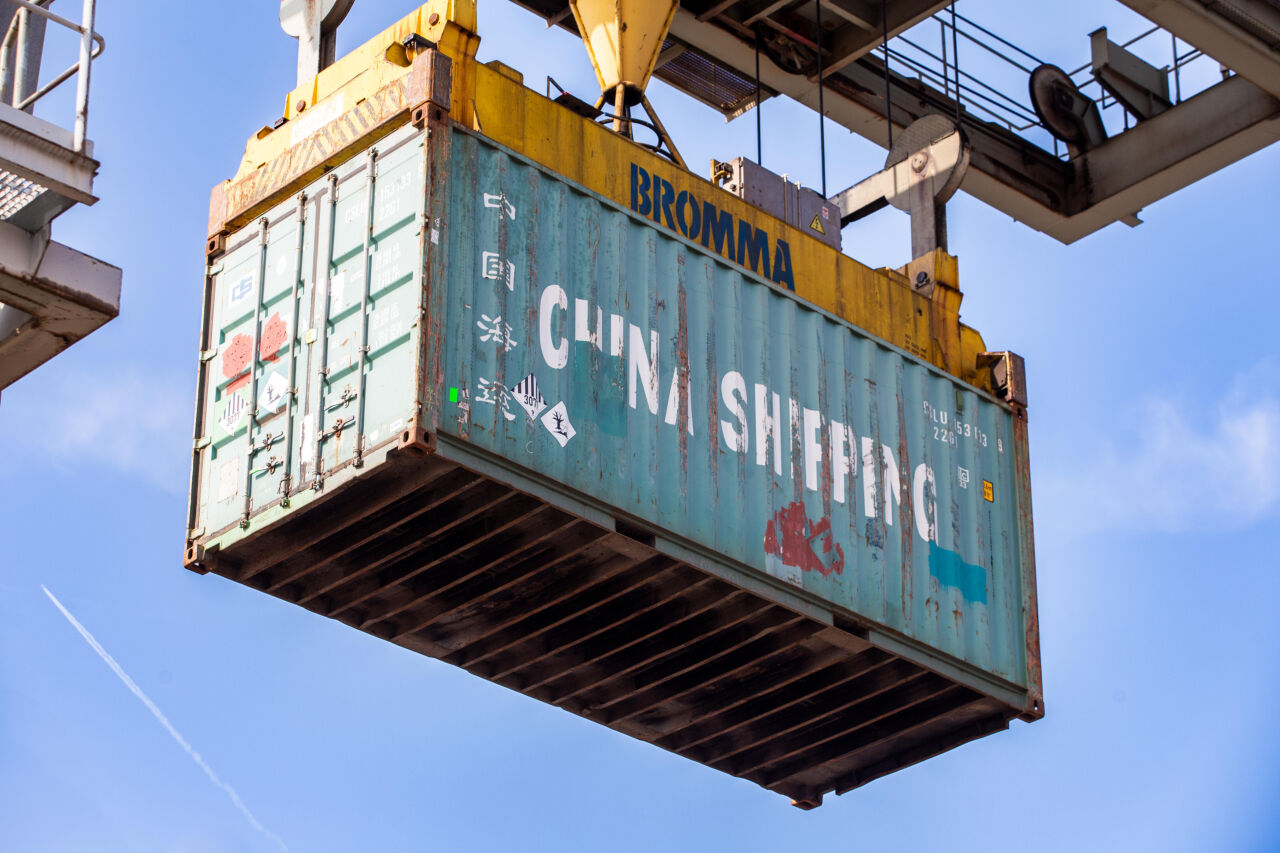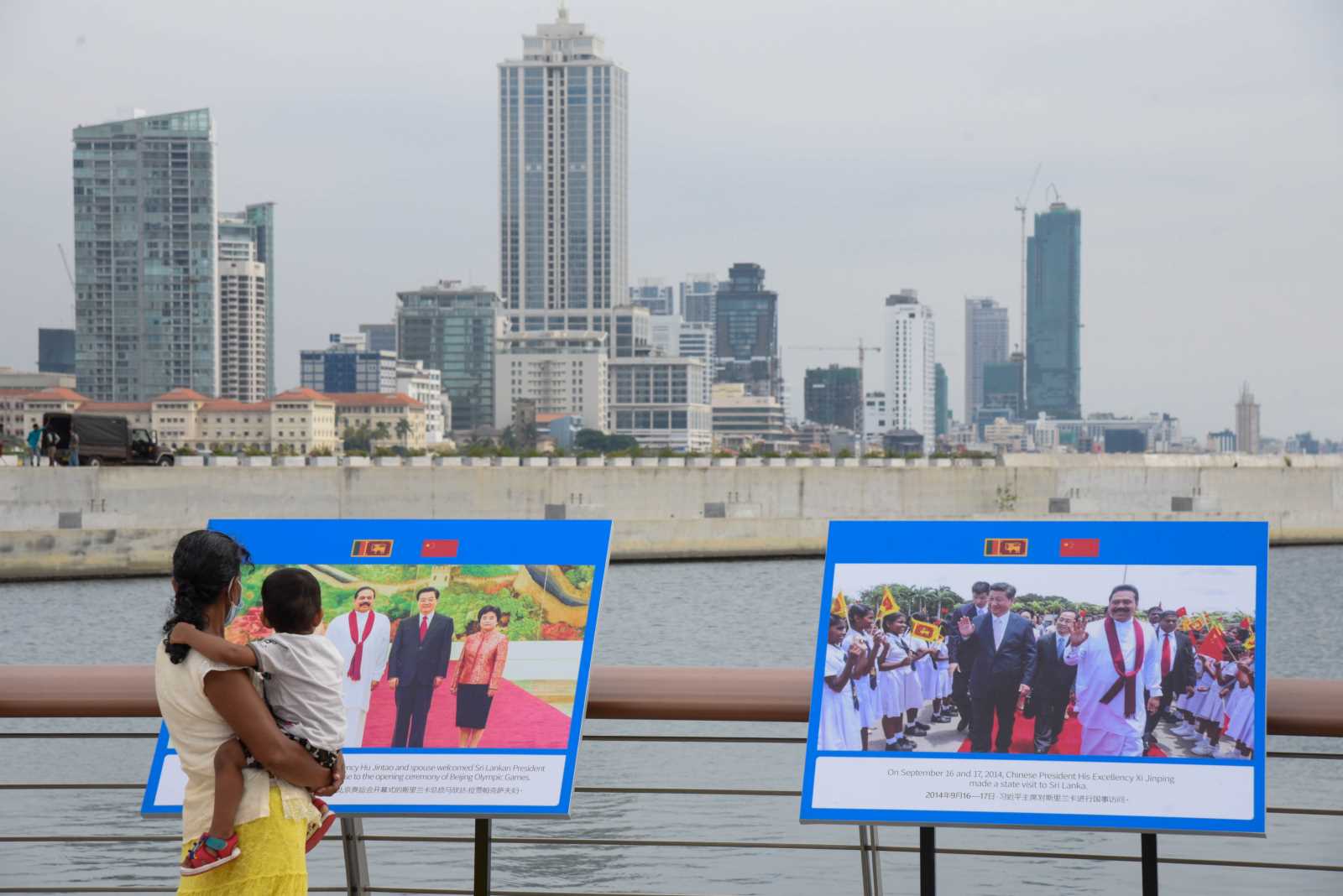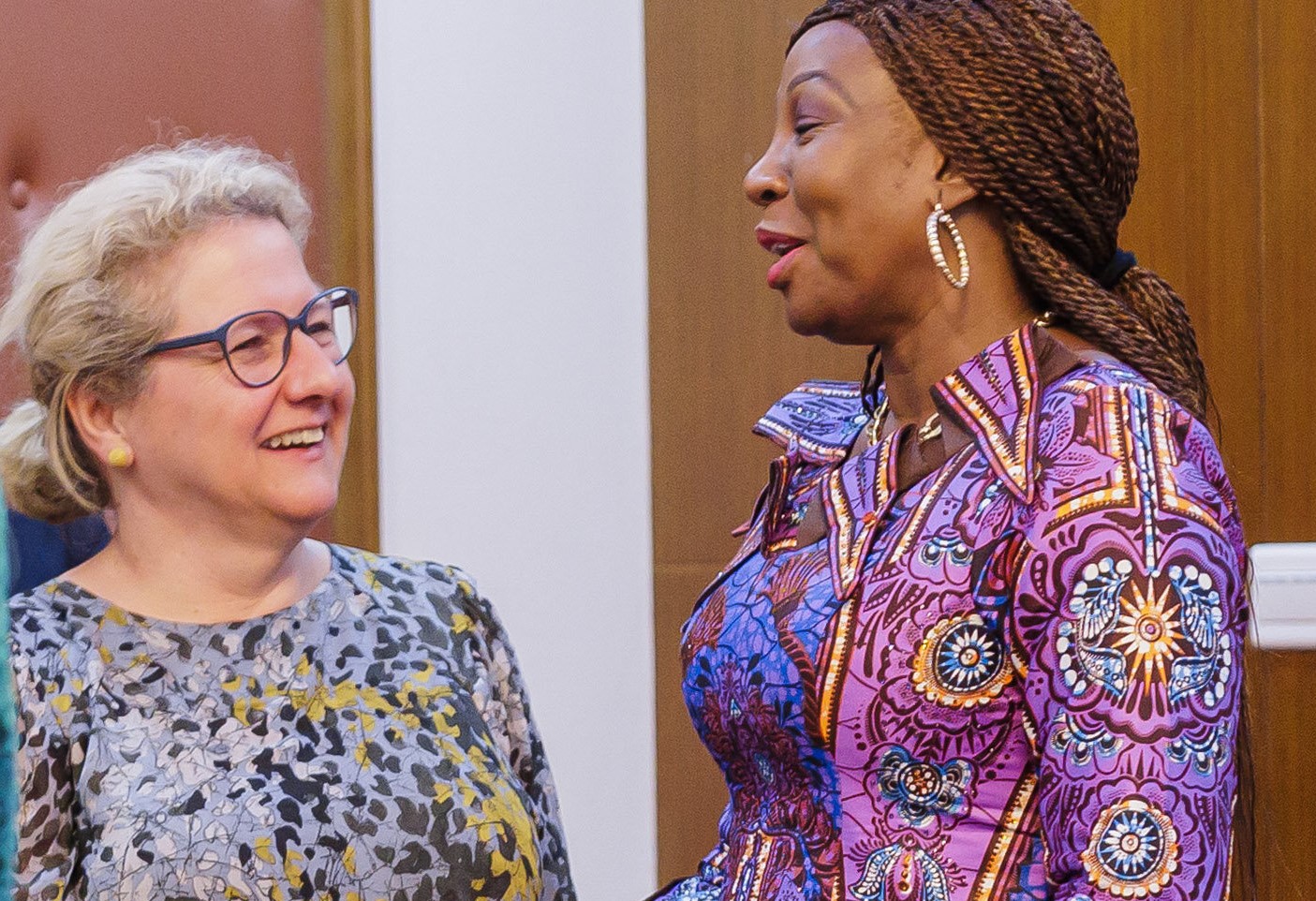Industry
China is the most important player of all

What do you mean when you call for a “strategic” development policy?
The term stands for a policy that suits the needs of our partner countries but also serves our own geostrategic interests. Spelling out our interests transparently will boost our credibility. Relevant interests could involve the access to critical raw materials or strategic diversification to spread risks better.
Western countries’ credibility is doubted in several ways. Partner countries were frustrated when western governments insisted on the intellectual property rights for Covid-19 vaccines. They see contradictions when we demand respect for human rights, but then leave taking in refugees to countries with poor human-rights track records, like Tunisia, Egypt or Turkey. At the same time, we are poaching skilled professionals from developing countries, for example from the health sector, even though those people are urgently needed at home.
Yes, we live in a complex world, and we must deal with contradictions openly. We are not the only ones facing such difficulties. Our partners do so as well. As BDI we are keen on discussing how private investments can generate attractive jobs at the local level and how we can make our development projects more effective. Too often, we see the success of a project ending once the funding stops. What is needed are more long-term programmes and investments. Other countries, in particular China, are taking a different approach, building large-scale infrastructures. In doing so, they lay the foundation for the economic development of the countries concerned.
Should Germany take the same approach?
Yes, and not only in regard to transport infrastructure, but to communication systems too. Satellite constellations, for example, could provide fast internet access in remote areas, improving access to education and information. Unfortunately, German development cooperation hardly grasps such technological opportunities. Germany should act with more confidence in these fields and involve the private sector more actively. German companies could also contribute much to improving water and electricity utilities or the building and equipping of hospitals. However, too often, they do not get assignments due to unfavourable financing and tender conditions.
Please elaborate.
When developing countries and emerging markets hold tenders, the focus is normally on the price – to the detriment of qualitative criteria. In those settings, our companies cannot compete with subsidised Chinese rivals. If labour and environmental standards mattered more, things would be different. What about resource intensity? Is it environmentally friendly? What about total costs over the project’s life cycle? Will local workers be employed, or will staff be shipped in, for example from China?
That is how China tackles unemployment at home, without generating incomes for Africans.
Yes, exactly. German companies traditionally take a different approach, investing in skills training and professional qualifications at the local level. Machinery and equipment manufacturers, for example, train African staff who can then ensure proper maintenance and machine usage in the long run. We believe that this kind of quality criteria must apply when authorities in developing countries and emerging markets hold tenders for internationally funded projects. In negotiations with partner governments, our Federal Government should insist on it and use its influence in multilateral development banks accordingly.
A long-standing complaint is that German companies are too risk adverse to invest in Africa. Do you want the Federal Government to mitigate risks, for example with export credit guarantees?
Yes, export credit guarantees are a well-established foreign trade promotion instrument. It covers political and economic risks and is very much appreciated by industries. The BDI would like to see this instrument dovetail more with German development policy. To make that happen, the Federal Ministry for Economic Affairs and Climate Action (BMWK) and the Federal Ministry for Economic Cooperation and Development (BMZ) must cooperate more closely. It would be great if budgets for developmental projects factored in this kind of risk management.
But development efforts are not supposed to be tied to assignments for companies from the respective donor government.
We do not think that free competition for tenders suits the era we are living in anymore. Even countries like Japan, the USA or France grasp opportunities, tying aid when it makes sense. Hence, there is no level playing field anymore. It really does not serve German or European interests to leave it to China to expand African infrastructures – especially not, if it is done with western funding but does not meet the highest standards of sustainability.
Let’s be clear: unless German companies have a real chance of winning tenders, they cannot promote eco-friendly approaches or due diligence regarding human rights.
China has become an important provider of development funding and is playing a crucial role in ongoing debt crises. It vehemently opposes debt relief. How should western governments respond?
Debates regarding over-indebtedness are always multi-faceted. All parties involved have different, specific interests, and that is reflected in the proposed solutions. Debt relief, moreover, is often granted for geopolitical reasons. As BDI we have been trying to raise awareness for an aspect that often gets too little attention: the impact of excessive sovereign debt on the business climate for German exporters. When state agencies in heavily indebted countries want to buy German products, they often cannot do so because of the OECD’s Sustainable Lending rules, which restrict state borrowing. In such settings, companies should get support from the BMZ budget. That would facilitate unbureaucratic action and permit indebted countries to invest in urgently needed infrastructure, technology, education, clean energy and other things.
Is China the big problem, or do you feel competition from other emerging markets as well?
Interest in Africa has grown in general, but China is certainly the most important player. That said, Russia, India, the Gulf States and Turkey are systematically expanding their influence in Africa too. Today, countries of the so-called global south can choose with whom they want to cooperate.
How do you want to safeguard partner countries’ ownership? Unless they assume responsibility, projects normally do not last.
This important issue deserves much attention in negotiations of governments. From the perspective of private business, however, the answer is easy. Our companies respond to supply and demand. Anyone who orders from them, becomes the owner and takes responsibility accordingly. Therefore, we prefer free market transactions without any state intervention. Nonetheless, targeted governmental risk management is often necessary in African markets.
Major infrastructure projects are almost always assigned by governments, and that is especially true where infrastructures are poor.
Exactly, and our companies could make valuable contributions in this field. However, of Germany’s bilateral commitments regarding official development assistance (ODA), a mere seven percent is invested in classical infrastructures. Japan, by contrast, uses two thirds of its bilateral ODA for energy, water and transport infrastructure.
Your position paper demands that no more ODA money should flow to China. Wouldn’t it make sense to support some Chinese efforts in a targeted manner for the sake of global public goods such as climate mitigation, for example?
Let me state it very clearly: China is our systemic rival. The country has long graduated from the status of a developing nation and is challenging us even in the field of innovation. Therefore, we find it problematic to channel ODA funds to that country – especially at a time when Germany faces cuts in public spending. We would like to see Chinese competitors excluded from tenders for western-funded projects. Let’s keep in mind that China is tying most of its own development spending to assignments for Chinese companies too.
Link
BDI, 2025: Time for Zeitenwende in development policy.
Vanessa Wannicke specialises in international cooperation, security, raw materials and space affairs.
v.wannicke@bdi.eu























